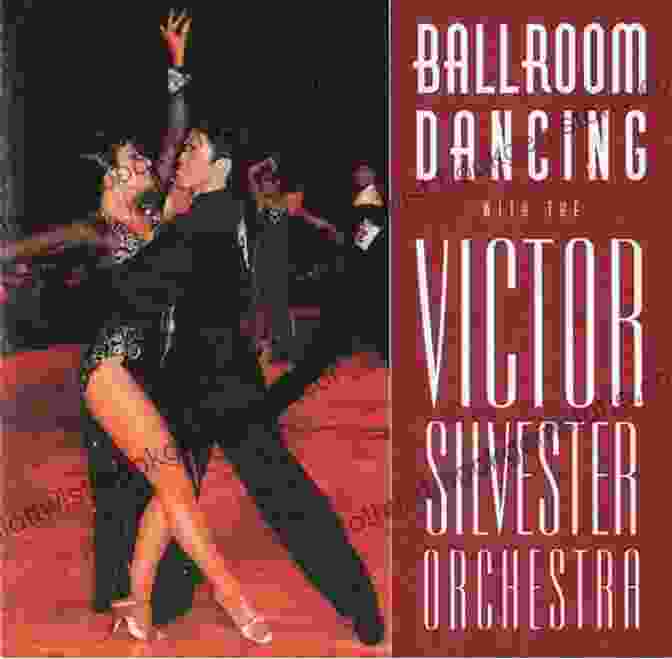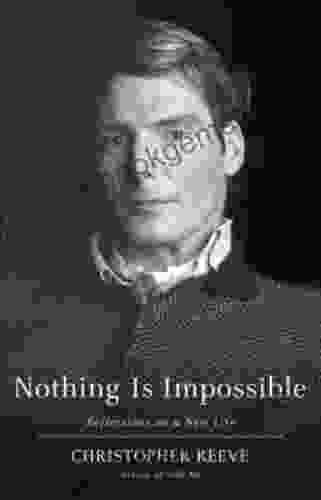
Victor Silvester, born Victor Sylvester Aime, on October 12, 1900, in Hanwell, west London, was an English bandleader, dance teacher, and author who played a pivotal role in popularizing ballroom dancing in the 20th century. As the pioneer of modern ballroom dancing, he is credited with revolutionizing the world of social dance.
4.2 out of 5
| Language | : | English |
| File size | : | 5533 KB |
| Text-to-Speech | : | Enabled |
| Screen Reader | : | Supported |
| Enhanced typesetting | : | Enabled |
| Word Wise | : | Enabled |
| Print length | : | 245 pages |
Silvester's interest in dance sparked at a young age when he began taking lessons at the age of seven. He quickly developed a passion for the art form and became a talented dancer. In 1921, he formed his own dance band, Victor Silvester and His Orchestra, which soon gained popularity for its energetic and lively performances.
Silvester's main contribution to ballroom dance was his development of a simplified and standardized system of steps and figures. Prior to his influence, ballroom dancing was often seen as an exclusive and complicated activity practiced by the upper classes. Silvester made it accessible to all by creating a system that was easy to learn and follow. He also introduced a number of new dances, such as the Quickstep and the Foxtrot, which became popular among the general public.
To further promote ballroom dancing, Silvester opened a dance school in London in 1924. The school offered classes for all levels of dancers, from beginners to advanced. Silvester's teaching methods were highly effective and his school quickly became one of the most popular in the world. He also published a series of books and articles on ballroom dancing, which further helped to spread his techniques.
Through his music, teachings, and writings, Silvester helped to transform ballroom dancing from an elite pastime into a popular social activity enjoyed by people of all backgrounds. He is considered one of the most influential figures in the history of ballroom dancing and his legacy continues to inspire dancers around the world.
Silvester and his orchestra performed regularly on radio and television, and they made numerous recordings. They also toured extensively throughout the world, spreading the popularity of ballroom dancing to new audiences. Silvester was a prolific composer and arranger, and he wrote over 1,000 songs and instrumental pieces.
Silvester passed away on January 14, 1978, but his legacy lives on. His dance schools continue to operate around the world, and his books and music are still used by dancers of all levels. He is truly considered the father of modern ballroom dancing and is fondly remembered for his contributions to the world of dance.
Victor Silvester's Legacy
Victor Silvester's legacy is immense. He is credited with popularizing ballroom dancing around the world and making it accessible to people of all ages and backgrounds. His teaching methods and standardized system of steps and figures are still used by dancers today. He also wrote a number of books and articles on ballroom dancing, which have helped to spread his techniques and inspire dancers around the world.
Silvester's work has had a profound impact on the world of dance. He helped to break down barriers between social classes and make ballroom dancing a truly inclusive activity. He also helped to raise the profile of ballroom dancing and make it a respected art form.
Silvester's legacy continues to live on through his dance schools, his books, and his music. He is truly considered one of the most influential figures in the history of ballroom dancing and his contributions to the world of dance will continue to be celebrated for many years to come.














































































































































































































































































































































































































































































































































































































